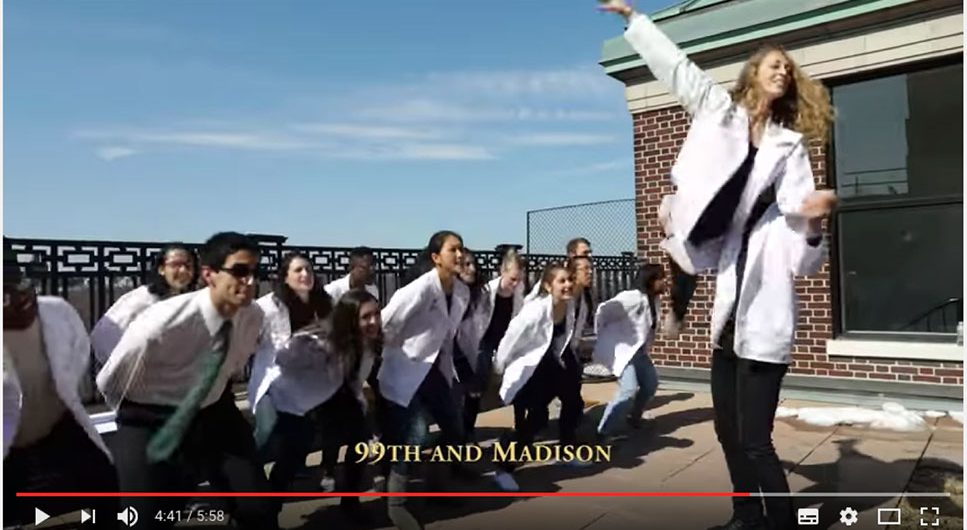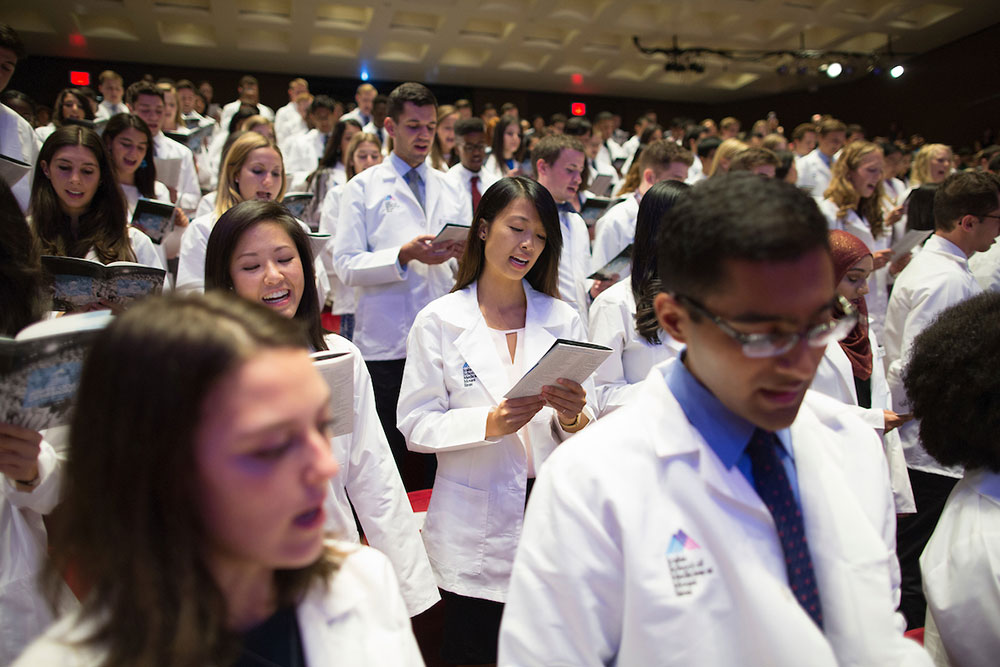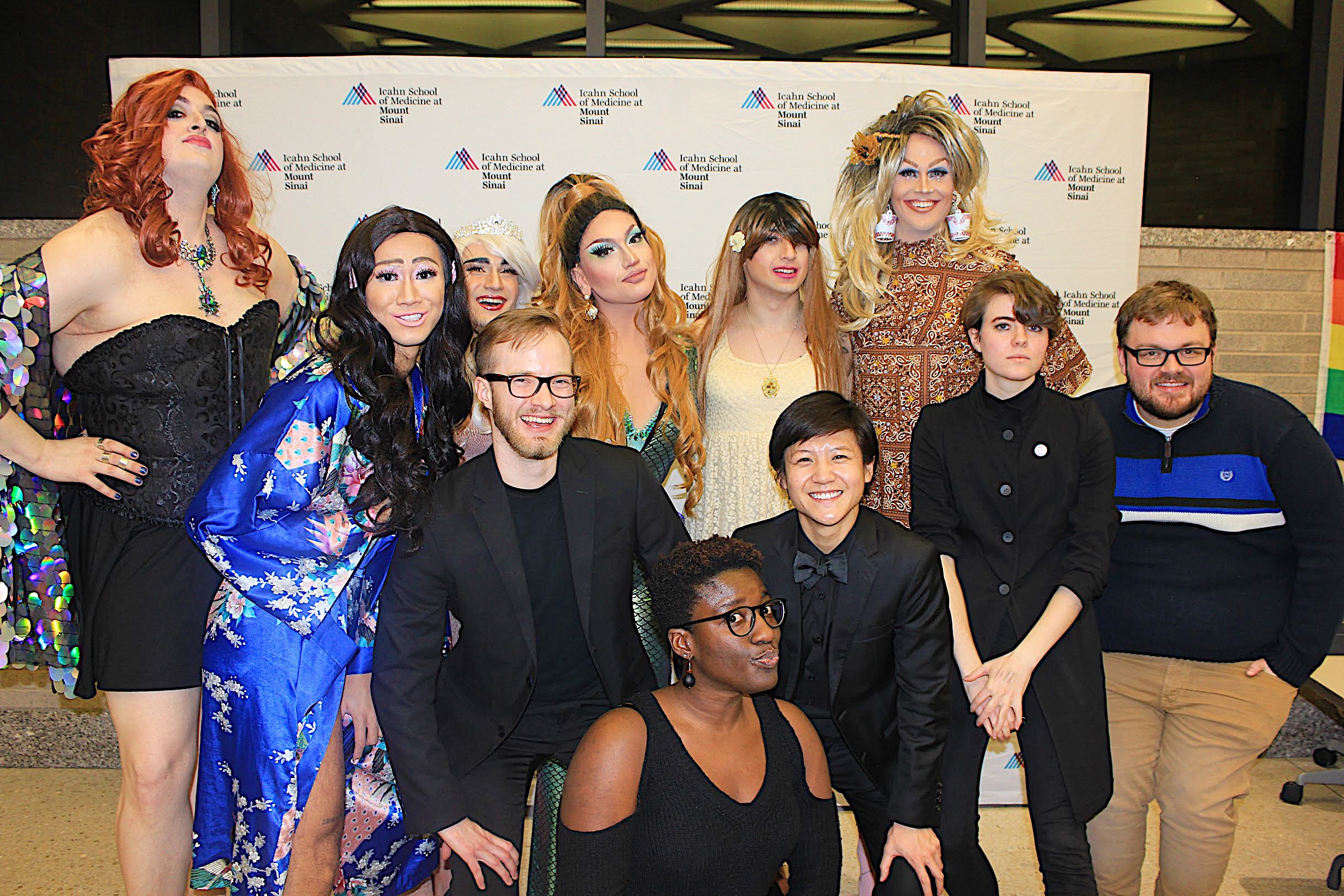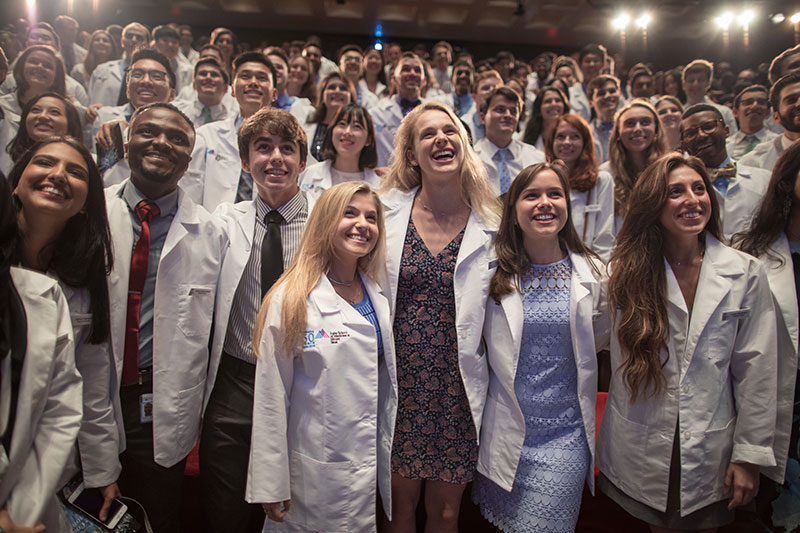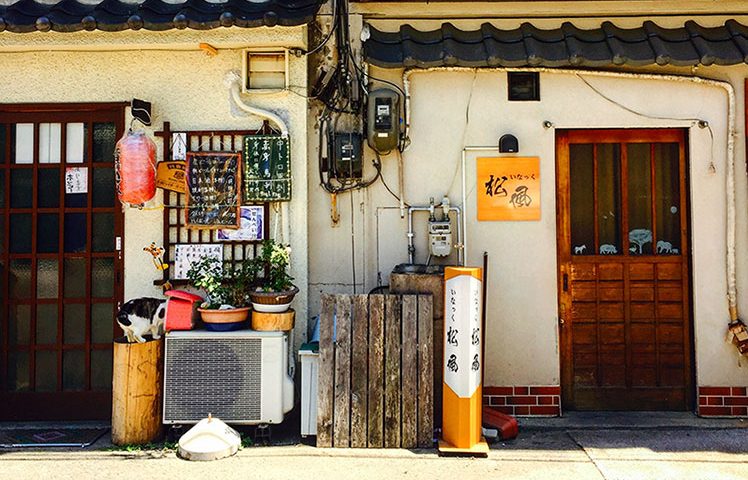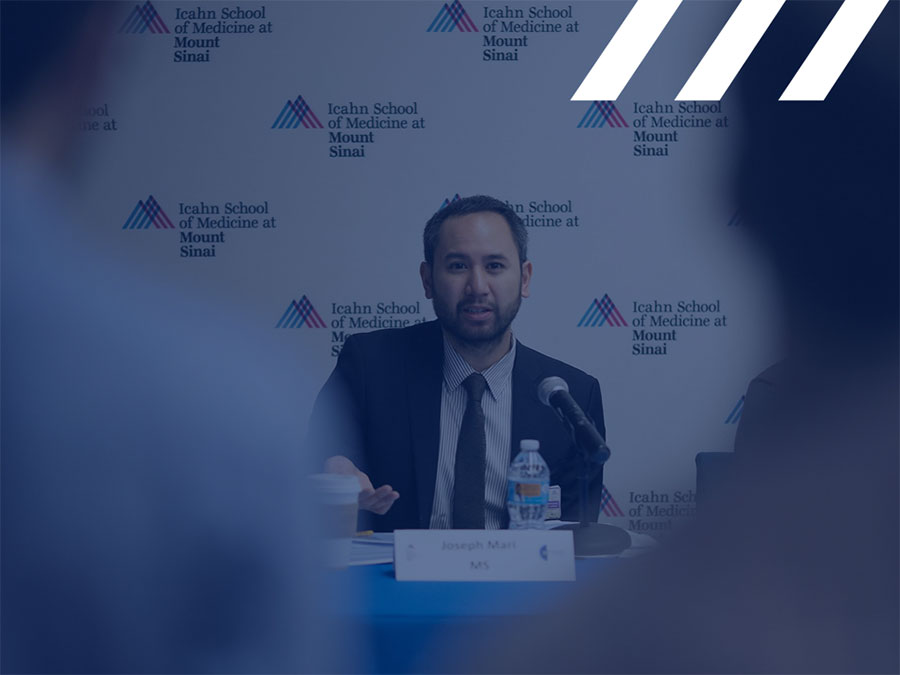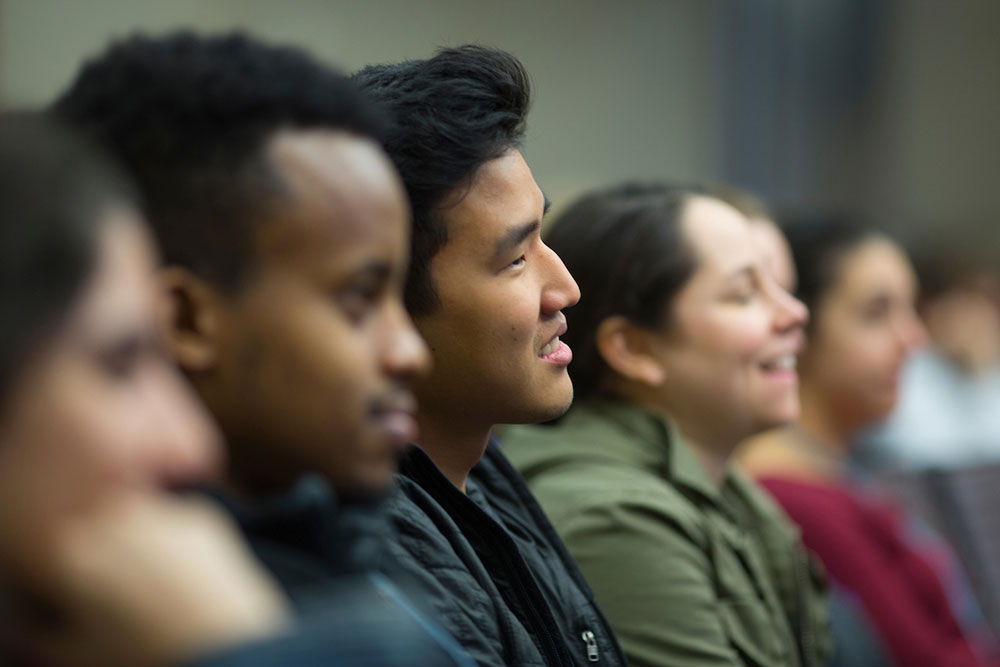My path to medical school has been guided by one, overwhelming, and unrelenting desire: improve health and well-being in our world. About a year ago, this quest lead me to spend a year at the University of Pennsylvania after graduating from the College of Arts and Sciences in the Master’s of Applied Positive Psychology (MAPP) program, studying the science of human flourishing. While transitioning to medical school, I researched and explored the vast opportunities for positive psychology to make medicine a more positive, thriving, efficient, and effective practice.
I believe that achieving optimal health and well-being within medicine begins with us, specifically physicians, residents, and medical students—the conduits of medical knowledge for our patients.
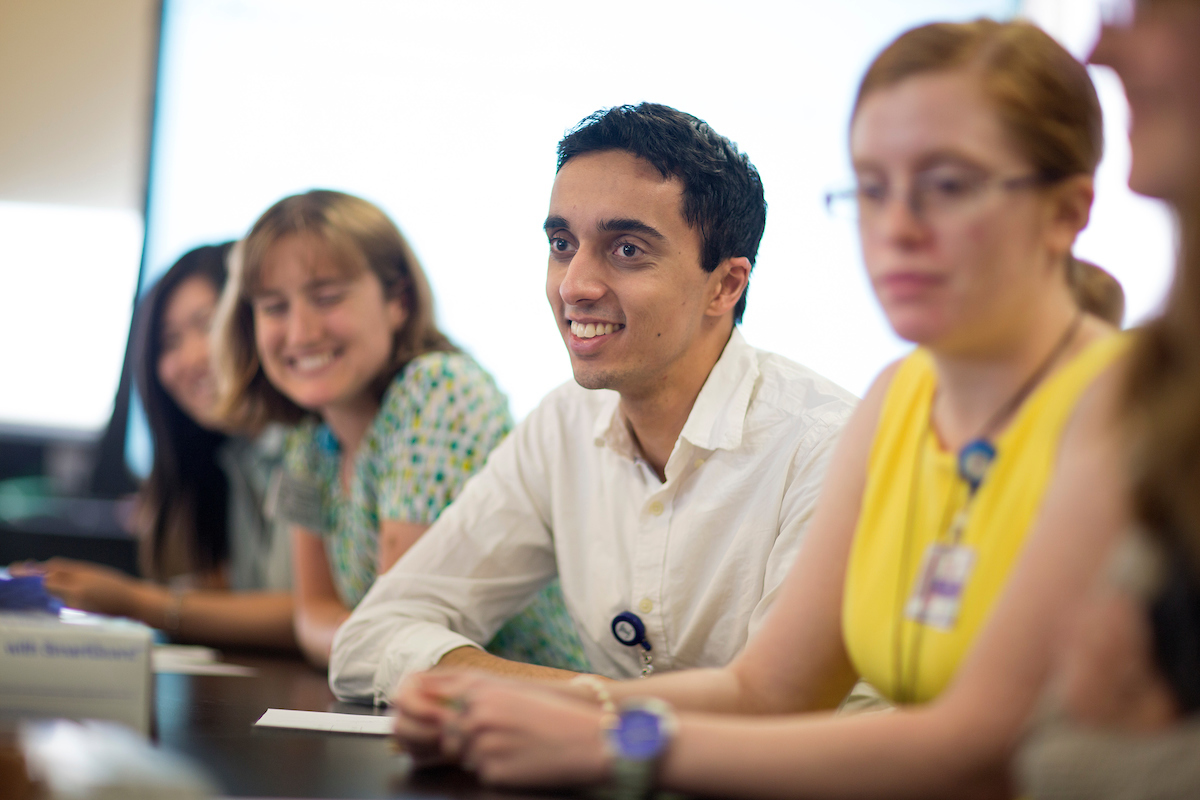
Well-being in medicine begins with the conduits of medical knowledge: physicians, residents, and medical students. Photo ©Robert Caplin
Sadly, between 25-74 percent of physicians suffer from burnout. Burnout is defined as emotional exhaustion, depersonalization, and a low sense of personal accomplishment that interferes with one’s relationship to their work. Burnout begins as early as undergraduate medical education and has high costs—not only for us as practitioners, but also for our future colleagues, the health systems we will work in, and for our future patients. I am convinced, however that it does not need to be this way: We can all act to change this system in need of healing, starting with how we pursue our own well-being.
But how can we pursue our own well-being?
Well, I like to say that all we have to do is REVAMP it.
REVAMP is both a call-to-action, as well as an acronym, reminding us the fundamental importance of the core factors comprising well-being:
1) Relationships
2) Engagement
3) Vitality
4) Accomplishment
5) Meaning
6) Positive Emotions.
Beginning next week, I will delve into each of these elements and provide evidence-based recommendations for how we can all improve our well-being—similar to an in-service to patient care.
I challenge all of us to join together behind the goal of improving health and well-being in our world—starting with ourselves.
We will be better people, and ultimately, better doctors because of it.
ABOUT THE AUTHOR
 Jordyn Feingold is a first-year medical student at the Icahn School of Medicine. She is passionate about integrating the science of well-being into medicine and creating cultures that enable practitioners and patients to thrive. Jordyn completed her undergraduate studies in Health and Societies as well as her Master’s of Applied Positive Psychology (MAPP) at the University of Pennsylvania. For more information about positive psychology or the REVAMP theory, reach out to her at: Jordyn.Feingold@icahn.mssm.edu.
Jordyn Feingold is a first-year medical student at the Icahn School of Medicine. She is passionate about integrating the science of well-being into medicine and creating cultures that enable practitioners and patients to thrive. Jordyn completed her undergraduate studies in Health and Societies as well as her Master’s of Applied Positive Psychology (MAPP) at the University of Pennsylvania. For more information about positive psychology or the REVAMP theory, reach out to her at: Jordyn.Feingold@icahn.mssm.edu.






